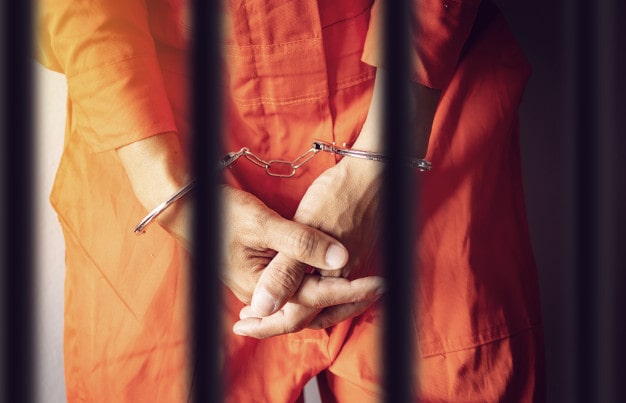Criminal charges, regardless of the circumstances, always bring negative attention to a person and puts them in an unflattering light among family and friends. However, certain allegations, particularly those that involve violence or forcing another person to engage in dangerous behavior, produce very strong and undesirable stigmas that often last, even if the charges are dropped or the individual acquitted.
A lot of focus among politicians and the public has emerged recently over the notion of violent versus non-violent crimes, as California seeks to reform its criminal justice system by reclassifying certain offenses from felonies to misdemeanors and allowing for the possibility of early release for others. Human trafficking is one offense that opponents of these measures often cite as an example of the risk the public faces from this approach.
However, criminal cases are rarely cut and dry, and even allegations as serious as human trafficking still have elements the government must prove to support a guilty verdict. A discussion of how the law in California defines human trafficking, and possible defenses to this charge, will follow below.
What Is Human Trafficking?
The crime of human trafficking is generally related to depriving another person of his/her liberty for the purpose of procuring forced labor or services, although it is more commonly associated with forcing a person to engage in acts of a sexual nature or the creation of child pornography.
Depriving another of his/her personal liberty requires substantial and sustained efforts to limit his/her movements and decision-making ability through:
- fear or force
- fraud or deceit
- coercion
- violence
- duress (includes threatening or taking away an immigrant’s passport)
- the threat of physical harm
Further, any forced labor or services, including sexual acts, do not necessarily need to be unpaid to fall under this offense – more accurately, the alleged victim must provide the labor or services because his/her will was overpowered. In addition, enticing or forcing a minor to engage in prostitution, child pornography, obscene live performance, or other specified crimes also trips this offense.
The penalties imposed on those convicted of a human trafficking offense are quite harsh and are always charged as felonies. The possible sentences range from five to twelve years in State prison and/or fines up to $500,000, as well as additional prison terms of up to 10 years if great bodily harm was inflicted on an alleged victim. Further, additional civil fines and penalties, including asset forfeiture, are also possible, depending upon the circumstances of the illegal acts.
What are the Possible Defenses of Human Trafficking Charges?
Given the serious consequences outlined above, having an experienced criminal defense attorney to fight these charges is essential to protecting one’s rights. While mounting a convincing argument against conviction can seem overwhelming, several options are available in human trafficking that may be effective.
First, an essential element of this charge requires the victim to be deprived of his/her liberty, and if that deprivation did not occur, either because the person was free to leave or he/she voluntarily participated in the labor or services, it would justify an acquittal.
Second, force must be involved in a human trafficking offense, and if the accused did not use force or never intended to receive a benefit from the labor or services provided, the State will not be able to prove human trafficking occurred.
Hire a Criminal Defense Attorney
The criminal justice system is stacked against criminal defendants, and if you are facing charges, having an experienced criminal defense attorney is the only effective way to limit the consequences.
The attorneys at the Manshoory Law Group, APC represent clients in the Los Angeles area in a variety of criminal matters and can help you challenge the State’s case. Attorneys are available 24/7 to take your call. Contact us for a free consultation.


